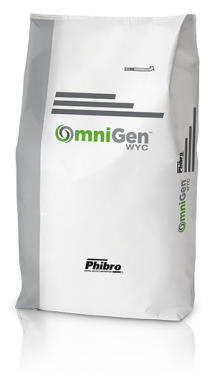Reproductive Performance and Transition to Fresh Cow Immunity
Michael Hodgman, DVM, explains why immunity is lowered during the transition period and shares how this might affect a cow’s reproductive rates and days open
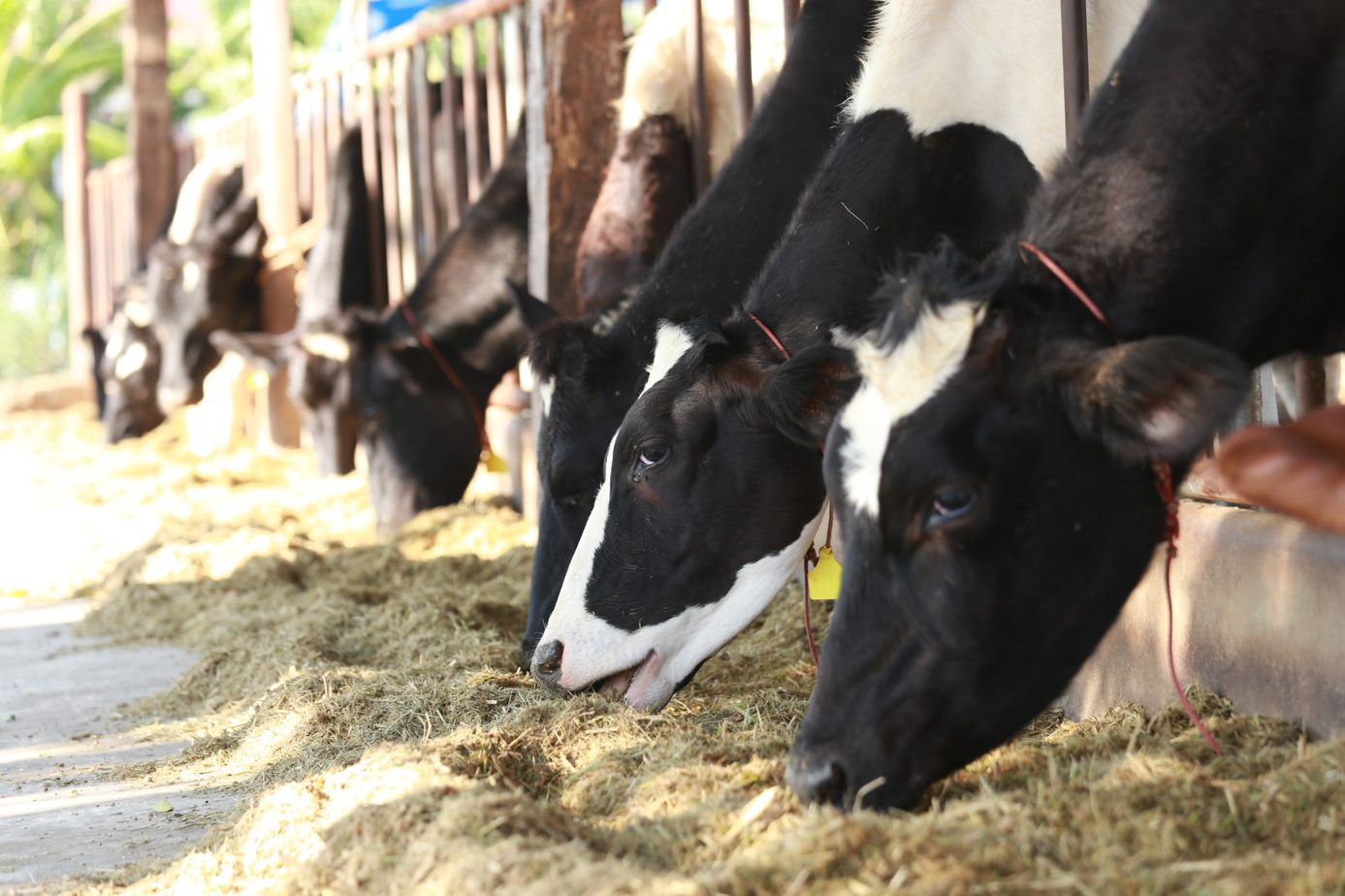
A weakened immune system not only leaves a cow more susceptible to disease, but it can also negatively affect her reproductive performance and increase her number of days open. As the number of days open increases beyond the high-production phase of a lactation cycle, overall productivity may decrease.
While it’s essential that producers monitor and manage the health of their dairy herds at every stage of lactation, this potential drop in productivity due to reproduction challenges makes the dry period and post-fresh period especially important, according to Michael Hodgman, DVM, Senior Technical Services Manager for Phibro Animal Health Corporation. He warns that during late gestation and the early postfresh period, the immune system function changes. Because of this, all cows experience some degree of immunosuppression during the late close-up transition and early post-fresh periods.
“This immunosuppression manifests itself as a reduction in the killing ability of neutrophils, which are the primary white blood cells in the immune system responsible for killing bacteria and other microorganisms in blood and tissue,” Dr. Hodgman explains. “All cows experience some degree of immune suppression in the late dry and early lactation periods, so managing the depth and the duration of it is essential.”
Dr. Hodgman says that periparturient immune suppression — the immunosuppression that even healthy cows experience during the transition period — is the result of a cumulative effect of several factors, both endocrine and metabolic, including:
- Elevated estrogen superimposed on progesterone levels late in lactation. Estrogen levels several times greater than during an estrous cycle may have an effect on white blood cells, limiting their ability to kill pathogens when under this influence.
- Endorphins and stress hormones are higher before and after calving. This release increases cortisol, which can affect neutrophil migration from the bloodstream into infected tissues. “Mother Nature designed a cow this way such that she doesn’t have a highly reactive immune system at the time of calving,” says Dr. Hodgman. “Her system considers both the calf and the placenta to be foreign to her, so a degree of immunosuppression prevents her body from negatively impacting the placenta or the calf prior to the calf being born.”
- Energy and protein balance. “Cows experience negative energy and protein balance in early lactation,” Dr. Hodgman explains. “They are unable to eat enough feed to meet the energy and protein demands of lactation, let alone to fully provide for the immune system during this time. This too may account for some of the immunosuppression.”
- Serum mineral levels may be imbalanced. During the early post-fresh period, cows must contend with mineral imbalances at both the clinical and subclinical levels. Hypocalcemia and its many effects are big challenges.
To help offset immunosuppression during the transition period, Dr. Hodgman recommends that producers consider feeding an immune modulator such as OmniGen® nutritional specialty products, which can improve immune health. Improved immune health may reduce the impact of stress and help improve the reproductive performance of dairy cattle.
“Cows in herds that don’t transition well are more difficult to conceive and become pregnant again,” Dr. Hodgman cautions. “There are several factors that go into a cow’s fertility, and while some are more difficult to manage, producers can help their cows maintain healthy immune systems — and that has been proven to reduce the number of days open.”
To learn more about improving the reproductive health of your dairy herd, visit www.TheOmniGenDifference.com or contact your local Phibro representative.





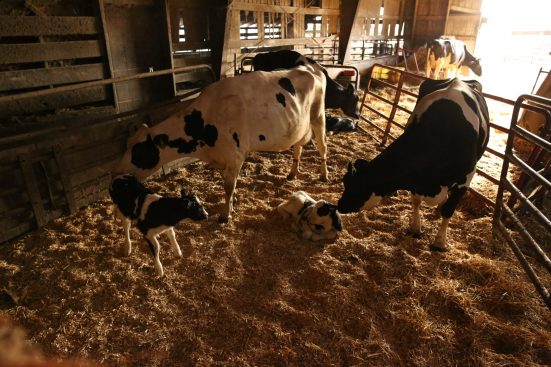
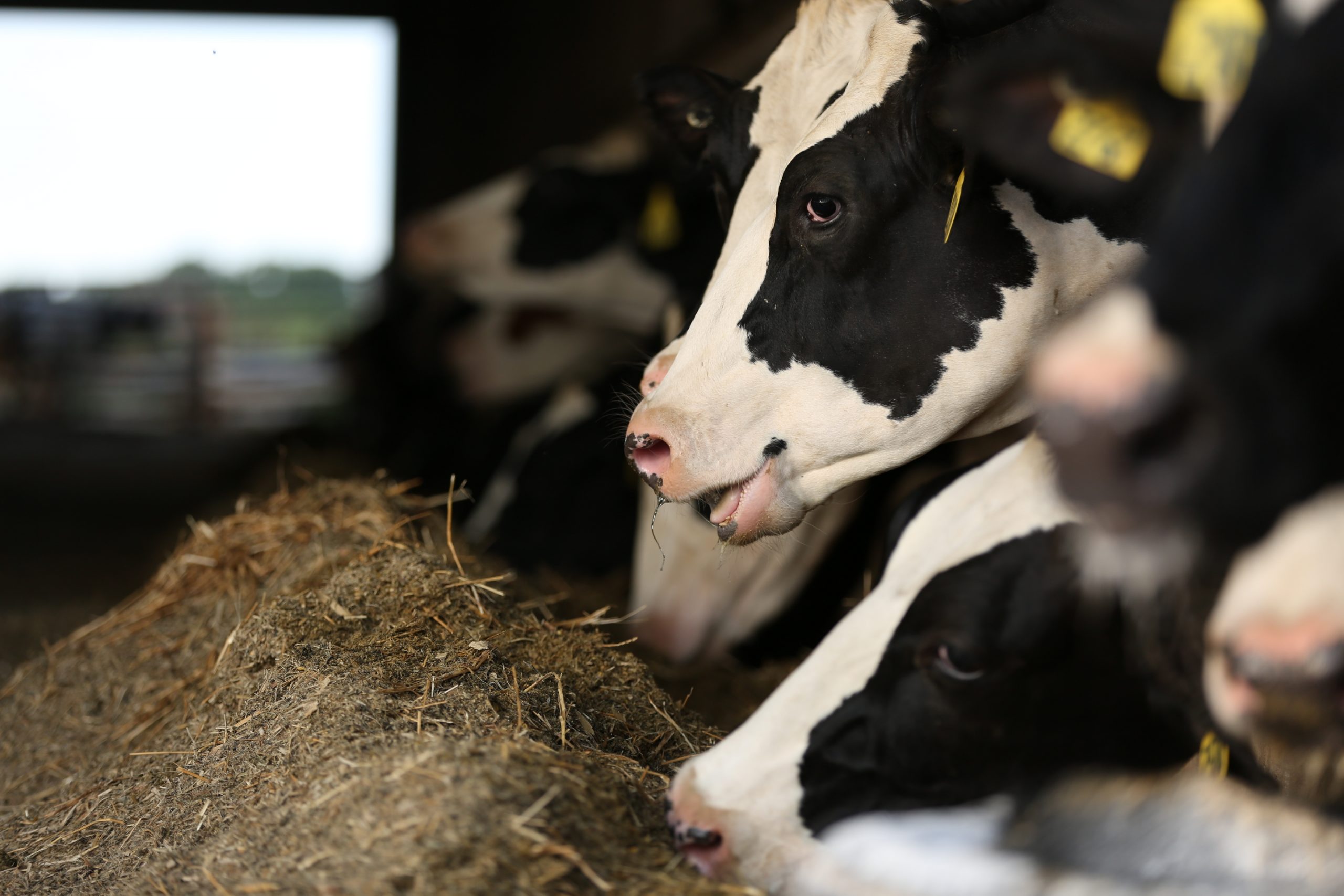
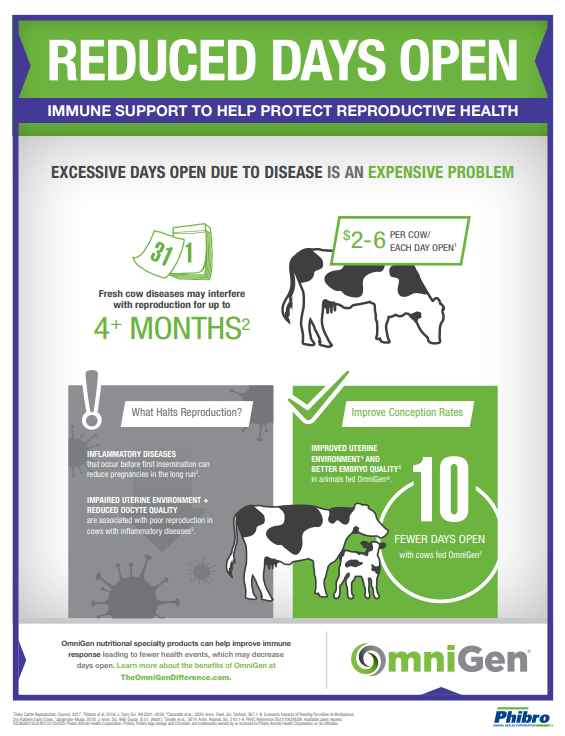
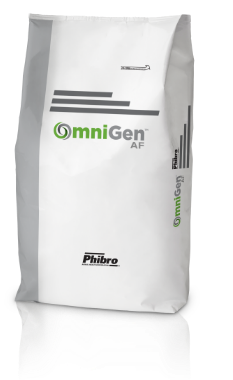
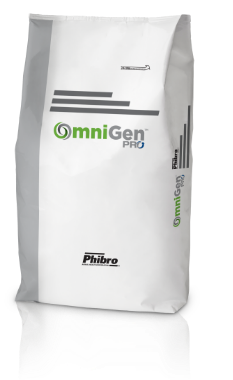
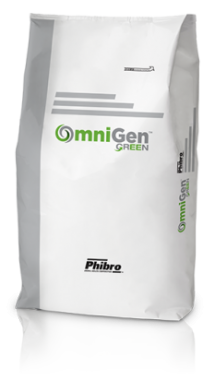
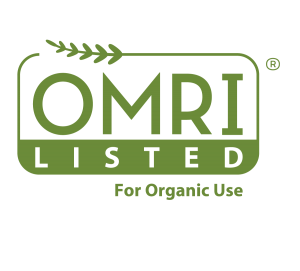 OmniGen Green is Organic Material Review Institute (OMRI) listed.
OmniGen Green is Organic Material Review Institute (OMRI) listed.